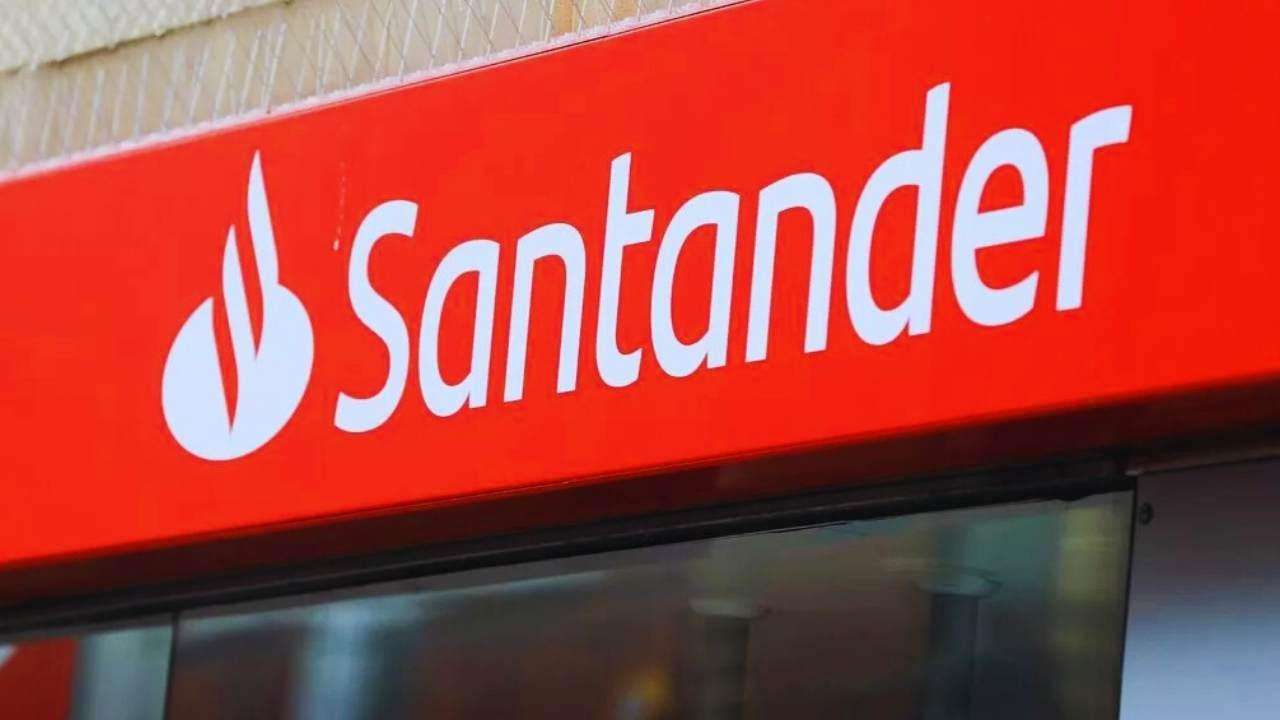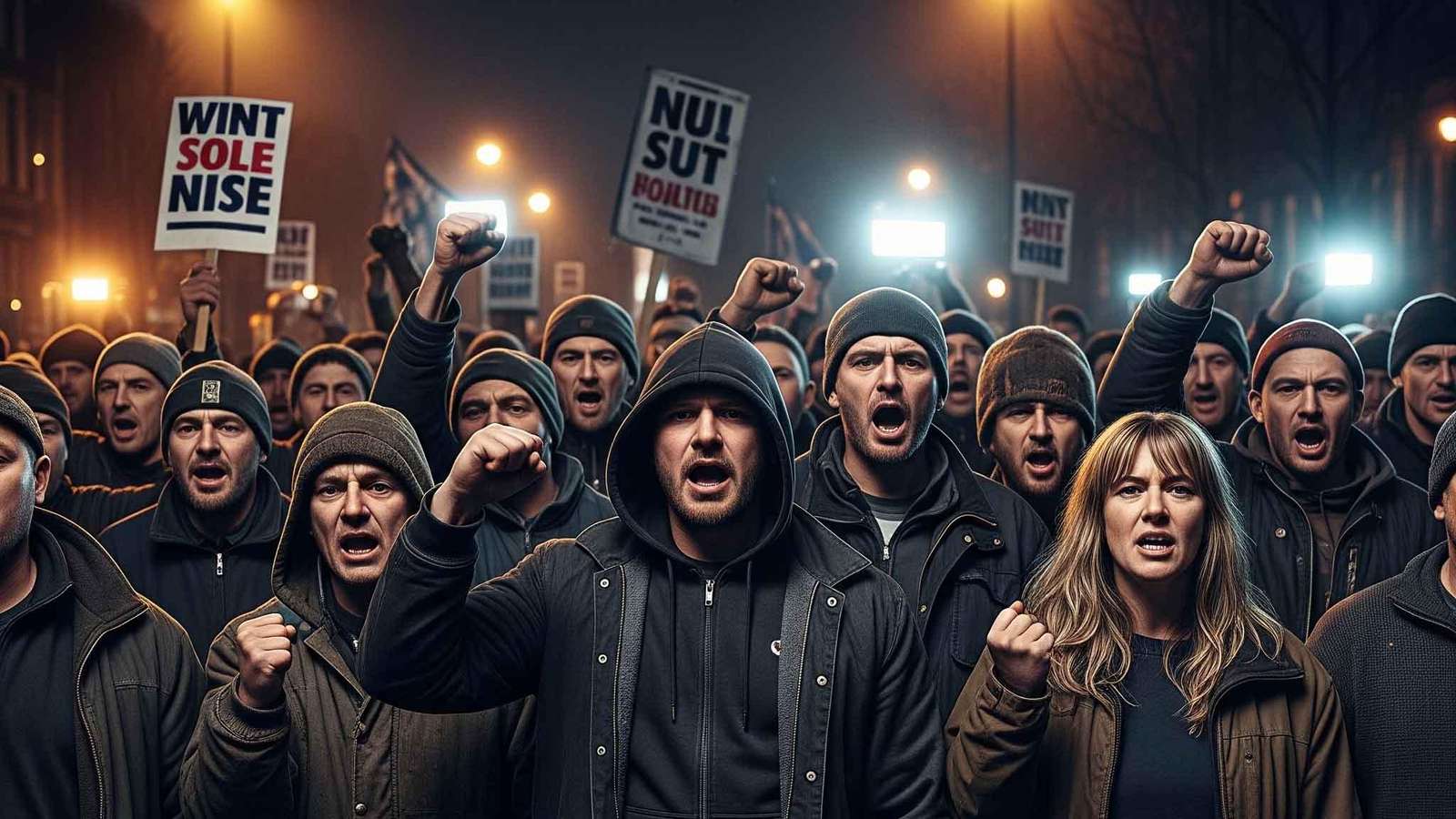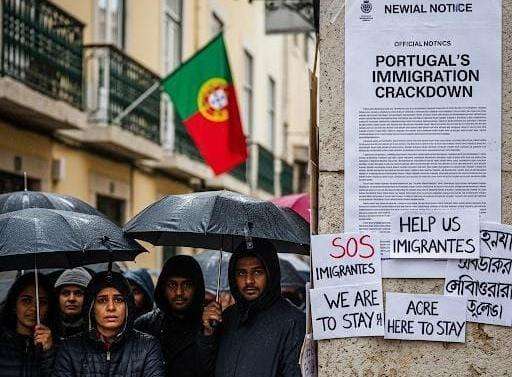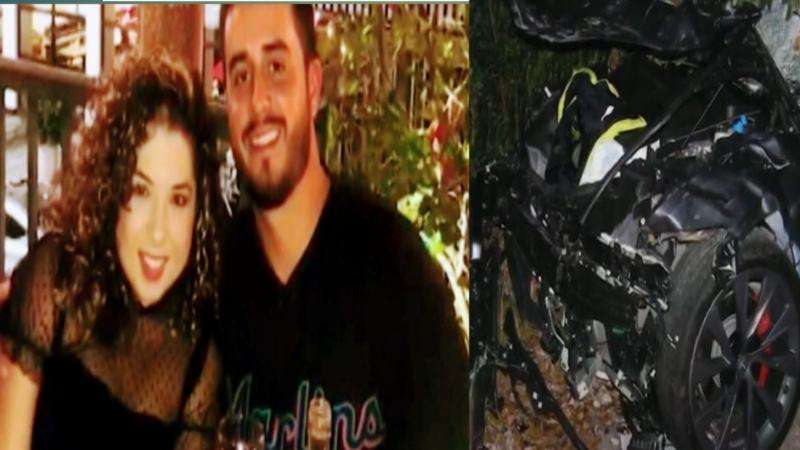A Miami jury has delivered a landmark verdict against Tesla, ordering the company to pay more than $240 million in damages after finding its Autopilot system partially responsible for a 2019 fatal car crash. The decision is a rare legal defeat for the electric car manufacturer and is expected to have far-reaching implications for the future of autonomous driving technology.
The case centered on a tragic incident in Key Largo, Florida, where a Tesla Model S on Autopilot struck and killed 22-year-old Naibel Benavides while seriously injuring her boyfriend, Dillon Angulo. The couple had been stargazing by the roadside when they were hit. Benavides' body was found 75 feet from the point of impact.
The driver of the Tesla, George McGee, admitted he was distracted by his phone at the time of the crash. However, the jury concluded that the blame could not be placed solely on McGee. They found Tesla 32% responsible for the incident, with McGee bearing the remaining 68% of the fault.
The plaintiffs’ legal team, led by attorney Brett Schreiber, successfully argued that Tesla's marketing of Autopilot was deceptive. They claimed the company designed the feature for use on controlled-access highways but did not restrict its use on smaller roads, like the one where the crash occurred. Schreiber also highlighted statements made by CEO Elon Musk that promoted the technology as being superior to human drivers.
A significant point in the trial was the revelation that Tesla had key evidence, including data and video from the crash, that it had previously denied having. After the plaintiffs hired a forensic data expert who uncovered the information, Tesla admitted to the mistake, saying it had simply not known the evidence was there.
The jury’s total award was $329 million, which included $129 million in compensatory damages and $200 million in punitive damages. Because the jury found Tesla only partially liable, the company's share of the compensatory damages is approximately $43 million. However, it was ordered to pay the full amount of the punitive damages, bringing its total responsibility to $243 million.
A pre-trial agreement between the parties could cap the punitive damages at three times the compensatory damages, potentially lowering Tesla’s total payout to around $172 million.
This verdict is a major shift in how courts have treated Autopilot-related lawsuits. Previous cases against Tesla have either been dismissed or settled, and a lawyer not involved in the trial, Miguel Custodio, said the verdict could "open the floodgates" and encourage more victims to take legal action.
Tesla has already stated it will appeal the decision. In a statement, the company called the verdict "wrong" and a threat to the development of life-saving automotive technology. Tesla claimed the crash was never about Autopilot and that the driver was solely to blame for speeding and looking at his phone. The verdict comes at a critical time for Tesla, as Musk continues to promote the safety of his company's technology while working to roll out a driverless taxi service.
The company has faced increasing scrutiny over its driver-assistance systems. In 2023, Tesla recalled 2.3 million vehicles after a two-year investigation by the National Highway Traffic Safety Administration (NHTSA) found that Autopilot was failing to sufficiently ensure that drivers were paying attention to the road. The recall involved a software update to add more warnings and alerts.








.svg)

_1.jpg)